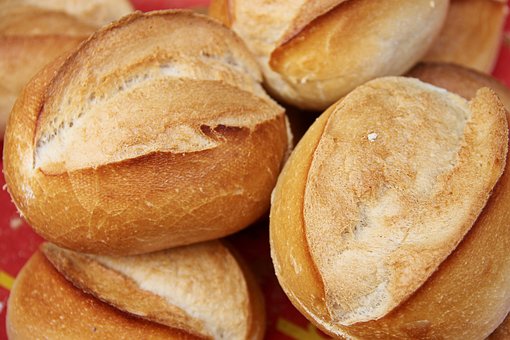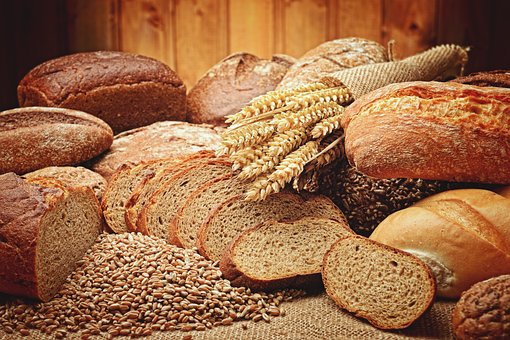Bread is a staple food in many diets around the world, and has been consumed for centuries. It is made from wheat flour, water, and yeast, and can be baked in various shapes and sizes. Bread is often considered a nutritious and convenient food, as it is relatively cheap, widely available, and easy to store. However, there has been some debate about the nutritional value of bread, and whether it is a healthy food for humans to consume. In this article, we will explore the nutritional value of bread per 100g, and consider whether bread is a healthy food for you.
Nutrition Facts for Bread per 100g
One slice of bread (28g) contains the following nutrients:
Calories: 80
Total fat: 1g
Saturated fat: 0g
Cholesterol: 0mg
Sodium: 150mg
Total carbohydrate: 15g
Dietary fiber: 1g
Sugar: 1g
Protein: 3g
The nutritional value of bread can vary depending on the type of flour used, the presence of any added ingredients, and the baking method. Whole grain bread, for example, is typically made from whole grains and may contain more fiber, vitamins, and minerals than white bread, which is made from refined flour.
Some breads may also contain added ingredients, such as nuts, seeds, and dried fruit, which can increase the nutritional value of the bread. However, some breads may also contain added sugar, salt, and artificial ingredients, which can negatively impact the nutritional value of the bread.
Is Bread per 100g Healthy for You?
The healthiness of bread depends on a variety of factors, including the type of bread consumed, the amount of bread consumed, and the overall diet and lifestyle of the individual.
Whole grain bread is generally considered to be a healthier choice than white bread, as it is made from whole grains and contains more fiber, vitamins, and minerals. Whole grain bread has been linked to a number of health benefits, including a reduced risk of heart disease, type 2 diabetes, and certain types of cancer.
However, it is important to note that bread is a source of carbohydrates, and consuming large amounts of bread (or any other source of carbs) can contribute to weight gain if not balanced with physical activity and a healthy diet. It is also worth noting that some breads may contain added sugars, salt, and artificial ingredients, which can negatively impact health.
Conclusion
In conclusion, bread can be a nutritious and convenient food, but the nutritional value of bread per 100g can vary depending on the type of flour used and the presence of any added ingredients. Whole grain bread is generally considered to be a healthier choice than white bread, but it is important to consume bread in moderation and to consider the overall diet and lifestyle of the individual.

 Home
Home Health
Health Diet & Nutrition
Diet & Nutrition Living Well
Living Well More
More












